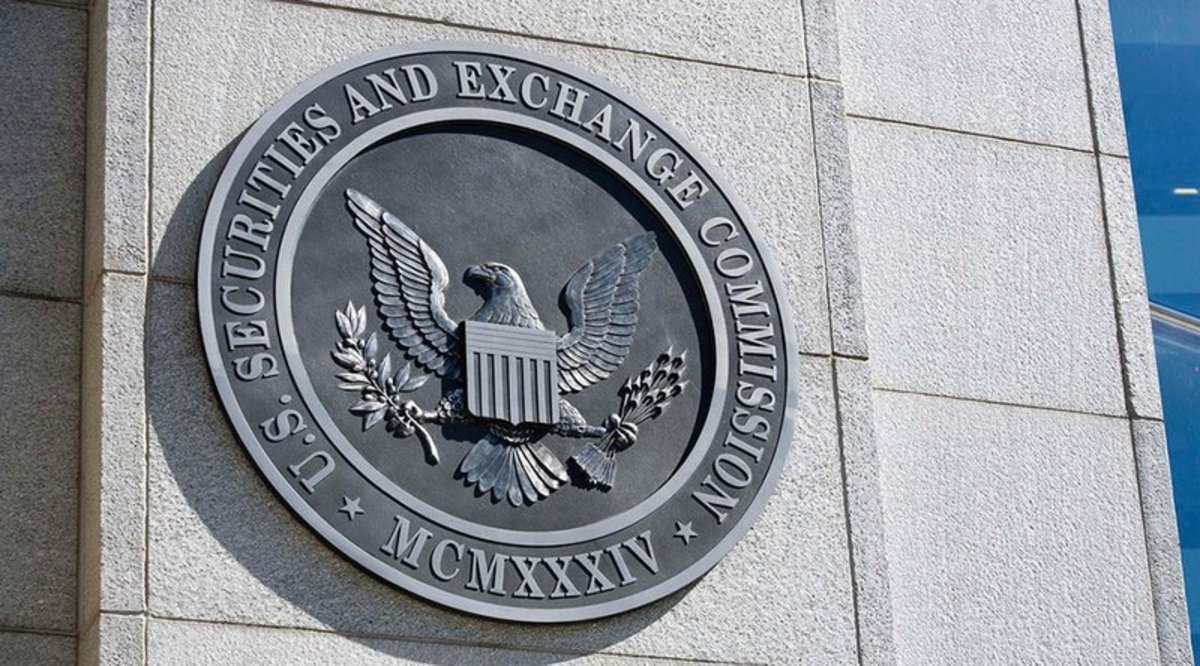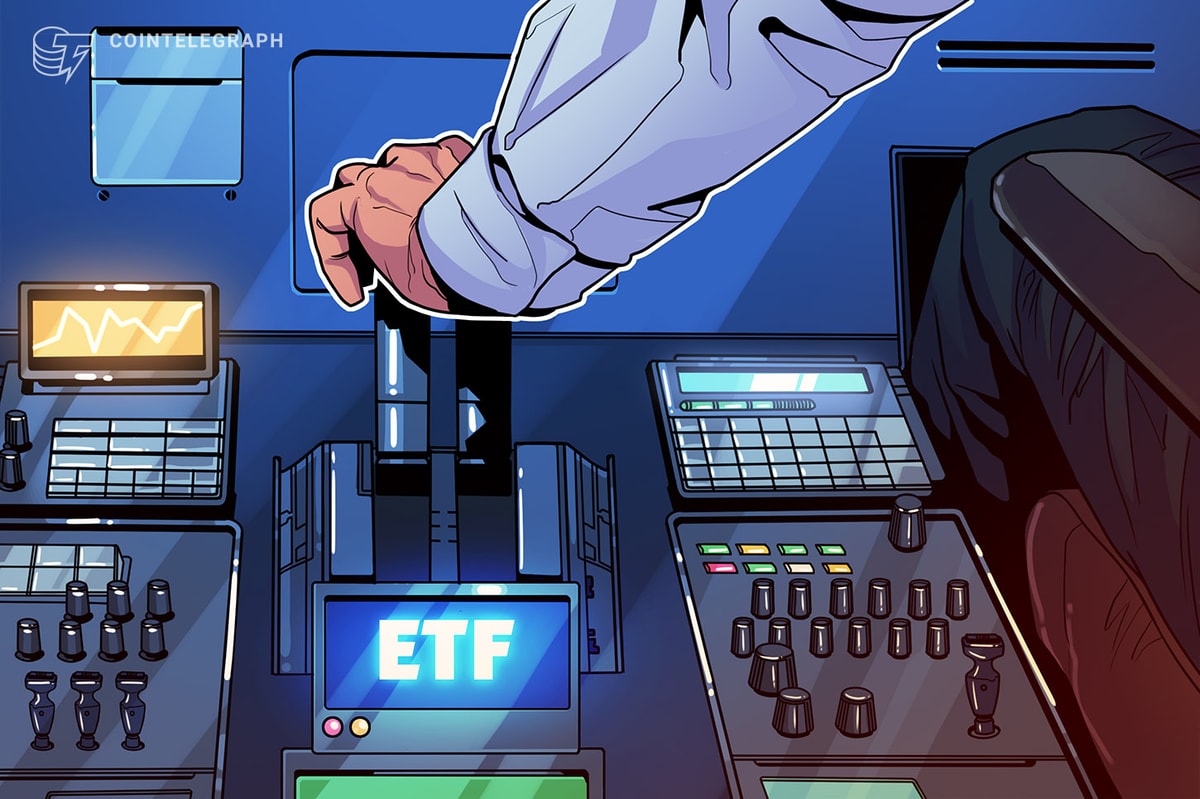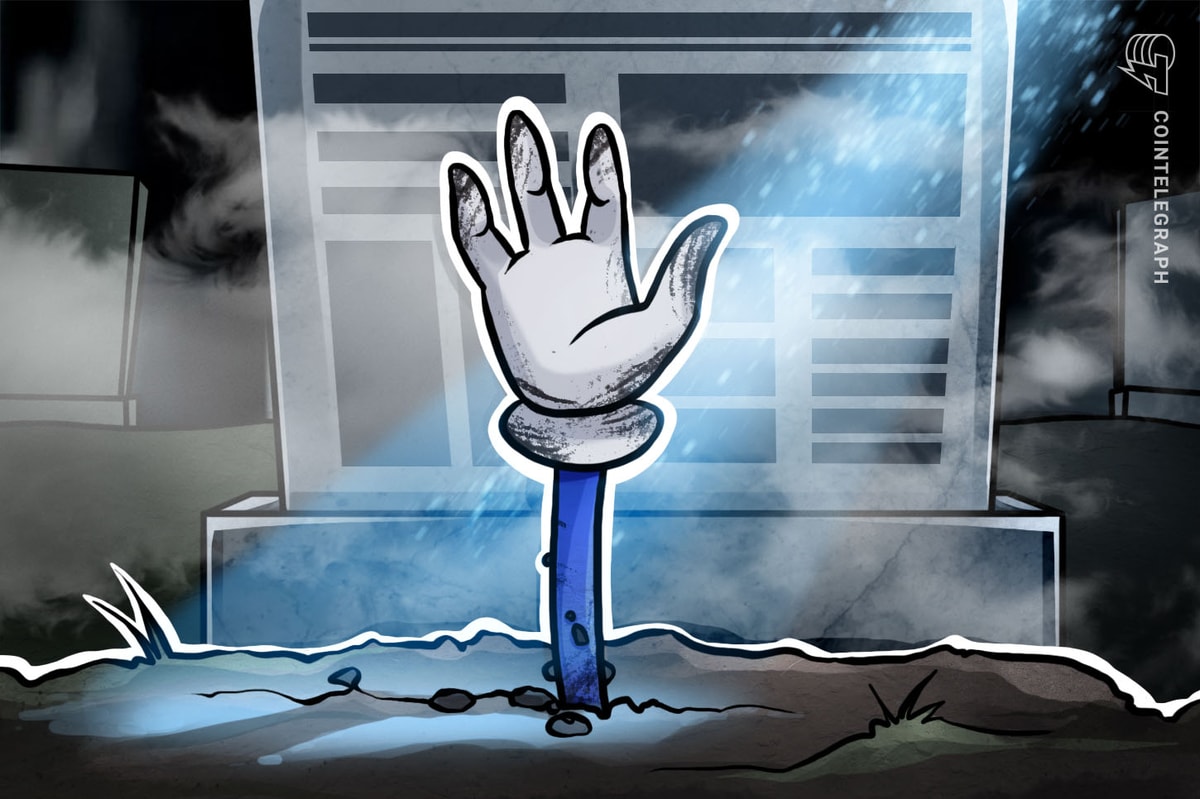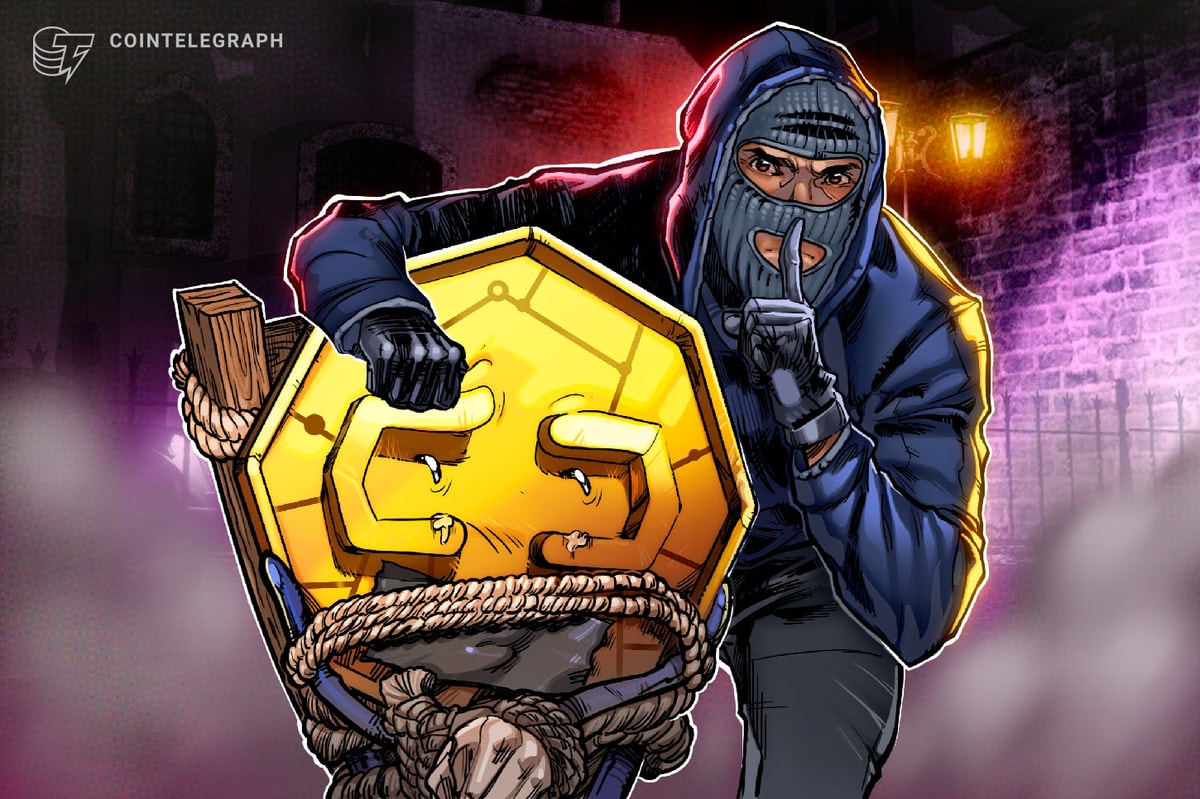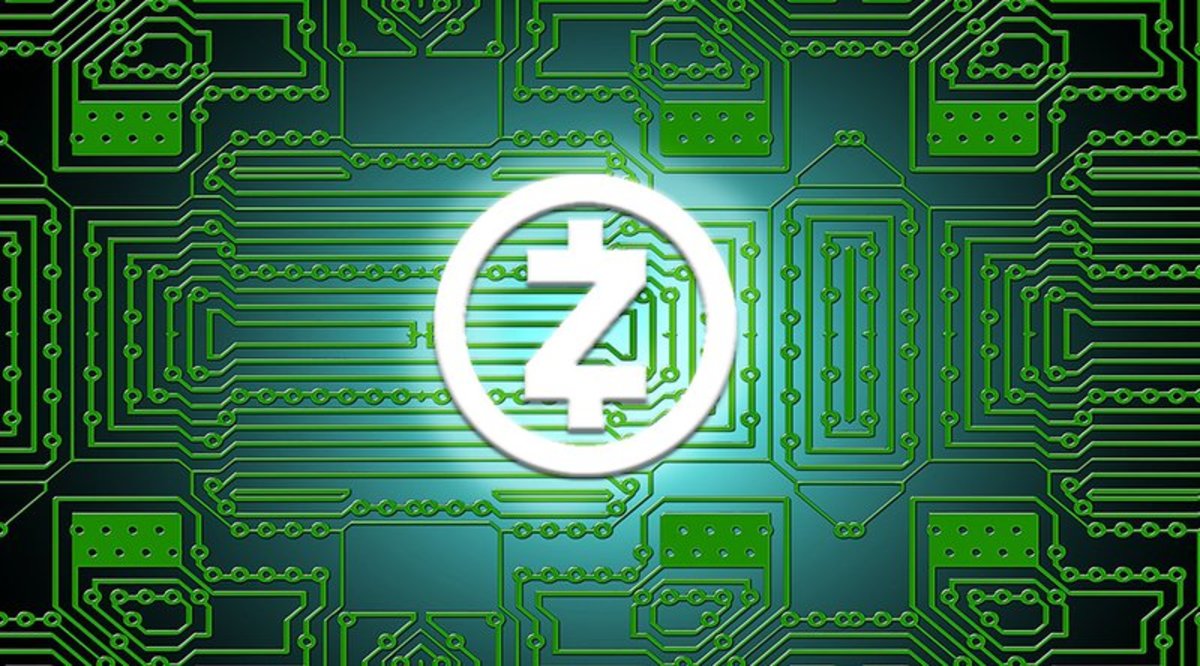
In September 2015 Bitcoin Magazinereviewed a conversation with legendary cryptographer Adam Back on the Bitcoin Knowledge Podcast, hosted by Trace Mayer. Back is known as the inventor of Hashcash, the proof-of-work system used by Bitcoin and other cryptocurrencies as part of the mining algorithm, one of the authors of the Bitcoin Sidechains white paper “Enabling Blockchain Innovations with Pegged Sidechains” and one of the founders of Blockstream. In the September podcast, he mentioned Zerocash, a recent development in cryptography that could be applied to new privacy-preserving cryptocurrencies.
The Zerocash protocol has been considered one of the most promising technologies for putting privacy back into the Bitcoin equation. Now, the Zerocash project has announced that the protocol is being developed into a full-fledged digital currency, Zcash.
According to the recently launched website, Zcash is “a decentralized and open-source cryptocurrency that aims to set a new standard for privacy and anonymity through the use of groundbreaking cryptography.”
A public alpha technology preview has been released on Github.
Zcash offers total payment confidentiality, while maintaining a decentralized network using a public blockchain. Unlike Bitcoin, Zcash transactions automatically hide the sender, recipient and value of all transactions on the blockchain. Only those with the correct view key can see the contents. Users have complete control and can opt-in to provide others with their view key at their discretion.
To achieve the (previously) impossible dream, Zcash uses a zero-knowledge proof construction called a zero-knowledge Succinct Non-interactive ARguments of Knowledge (zk-SNARK), described in the Zerocash technicalpaper, first presented at the 2014 IEEE Security & Privacy Symposium. zk-SNARKs allow the Zcash network to maintain a secure ledger of balances without disclosing the parties or amounts involved. Instead of publicly demonstrating spend-authority and transaction values, the transaction metadata is encrypted and zk-SNARKs are used to prove that nobody is cheating or stealing.
The Zcash alpha code, a fork of Bitcoin Core with protocol changes to support the Zerocash protocol, provides a first preview implementation of the new Zcash cryptocurrency. The currency maintains a separate ledger from the Bitcoin network for several reasons, the most immediate of which is that the consensus protocol is different.
Currently, Zcash works only on Linux.
“What we’re releasing today is a working ‘Technology Preview,’” says Zooko Wilcox in the first Zcash blog post. “Developers can download the source code, compile it and connect to our live testnet. You can mine play-money “testnet-bux” and spend them with a fully private, cryptographically protected transaction.”
It’s only testnet play-money at this time: Wilcox notes that Zcash probably won’t be ready for real transactions for another six months.
Upcoming blog posts will explain different parts of the system, including how Zcash works and its funding model, but in the first blog post Wilcox wants to address the most important question: Why?
According to Wilcox, a 41-year-old cryptographer who’s also known in the crypto community for creating Tahoe LAFS, a decentralized, encrypted file-storage system, privacy is a human right, a social value, and it is necessary for businesses and commerce.
Wilcox’ answer to the expected question – But won’t bad guys use it? – is crystal clear: “Yes, but bad guys will use anything,” he says. “Bad guys use cars, bad guys use the Internet, bad guys use cash, and bad guys use the current banking system. Rather than trying to invent something that bad guys won’t use, our purpose is to invent something that can empower and uplift the billions of good people on this planet.”
More information on Zcash is being released in bits and snippets, and the public Zcash Forum is a good place to start. The Next Web notes that Zcash is a for-profit company that aims to “tax” mined Zcash coins at a rate of 11 percent. Ten percent will go to fund the company and pay back its early investors, while one percent will go to a not-for-profit created to oversee the code and the community. Wired reveals that Zcash investors including Naval Ravikant, an investor in Twitter and Uber, Barry Silbert and Roger Ver, have put more than $715,000 into Zcash.
If all goes according to plan, in six months or one year Zcash could be a fully operational, privacy-preserving alternative to Bitcoin. It’s worth noting that Bitcoin itself is on its way to becoming mainstream fintech, controlled by governments and banks, with all privacy aspects sanitized away. Therefore, it’s to be expected that Zcash, as soon as it’s operational and stable, could be instantly adopted by the libertarian crowd of early Bitcoin users, and it will be interesting to see how governments and banks react.


